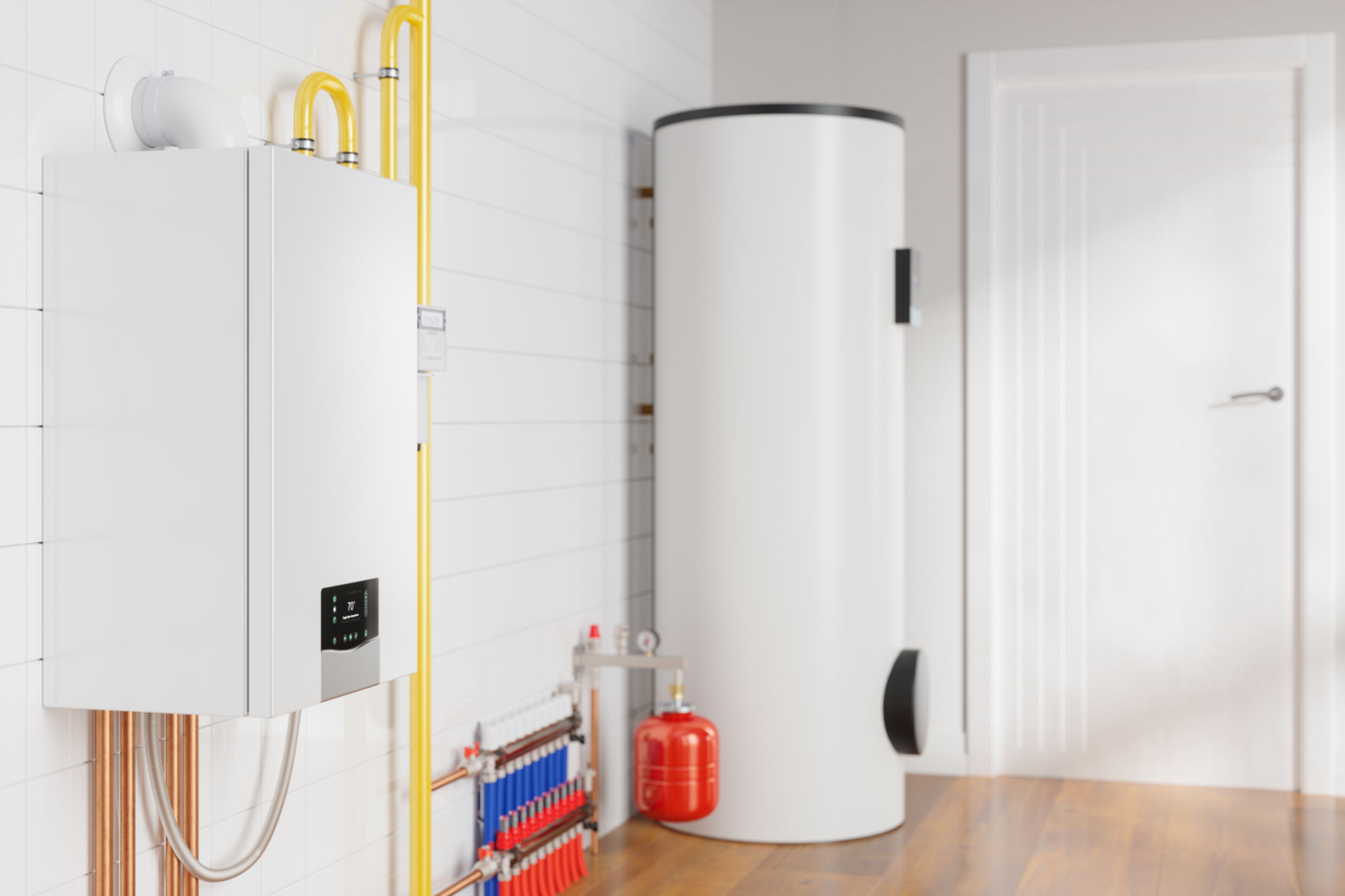Sustainable Compressed Air Solutions: Reducing Your Carbon Footprint in Romania
Understanding Compressed Air Systems
Compressed air systems are a staple in many industries, from manufacturing to agriculture. They provide a reliable source of power for a wide range of applications. However, the traditional methods of generating compressed air can be energy-intensive and contribute significantly to a business's carbon footprint. In Romania, where sustainability is becoming an increasing priority, exploring greener alternatives is crucial.
As companies strive to reduce their environmental impact, sustainable compressed air solutions offer a pathway to achieving lower emissions and energy efficiency. By implementing innovative technologies and practices, businesses can not only decrease their carbon emissions but also enjoy significant cost savings.

The Environmental Impact of Traditional Systems
Conventional compressed air systems often rely on fossil fuels, leading to high levels of carbon dioxide emissions. These systems can also be prone to leaks and inefficiencies, further increasing their environmental impact. In Romania, where the commitment to reducing carbon emissions is strong, transitioning to more sustainable options is imperative.
Traditional systems waste a considerable amount of energy during the compression process. This inefficiency not only inflates operational costs but also contributes to unnecessary greenhouse gas emissions. Addressing these inefficiencies is key to improving both environmental and financial performance.
Benefits of Sustainable Compressed Air Solutions
Adopting sustainable compressed air solutions can bring numerous advantages. These systems often incorporate energy-efficient technologies that significantly reduce energy consumption. In addition, they can help companies in Romania meet regulatory requirements and demonstrate their commitment to environmental stewardship.
- Reduced energy consumption: Sustainable systems use advanced technologies to optimize energy use.
- Lower operational costs: Enhanced efficiency can lead to substantial savings on energy bills.
- Improved reliability: Modern systems tend to have fewer breakdowns and maintenance issues.
- Enhanced corporate image: Demonstrating a commitment to sustainability can improve brand reputation.

Technologies Driving Change
The evolution of sustainable compressed air systems is driven by several innovative technologies. Variable speed drives (VSDs) are one such advancement, allowing compressors to adjust their output based on demand. This reduces energy waste and ensures that power is used efficiently.
Furthermore, heat recovery systems capture the heat generated during compression and repurpose it for other processes within the facility. This not only enhances energy efficiency but also provides additional savings on heating costs.
Implementing Sustainable Practices in Romania
For Romanian businesses looking to implement sustainable compressed air solutions, it is crucial to conduct a thorough assessment of current systems and identify areas for improvement. Partnering with experts in the field can help in selecting the right technologies and strategies tailored to specific operational needs.
- Conduct an energy audit to identify inefficiencies.
- Research available sustainable technologies that suit your industry.
- Engage with professionals for expert advice and implementation support.
- Regularly monitor and maintain systems to ensure optimal performance.

The Future of Compressed Air in Romania
The transition towards sustainable compressed air solutions is not just a trend but a necessary evolution for Romanian industries aiming for long-term success. As more businesses adopt these green technologies, the collective impact on reducing the nation's carbon footprint will be significant.
By investing in sustainable solutions today, companies can position themselves as leaders in environmental responsibility while reaping the benefits of improved efficiency and cost-effectiveness. The commitment to sustainability will not only protect the planet but also ensure a prosperous future for generations to come.
